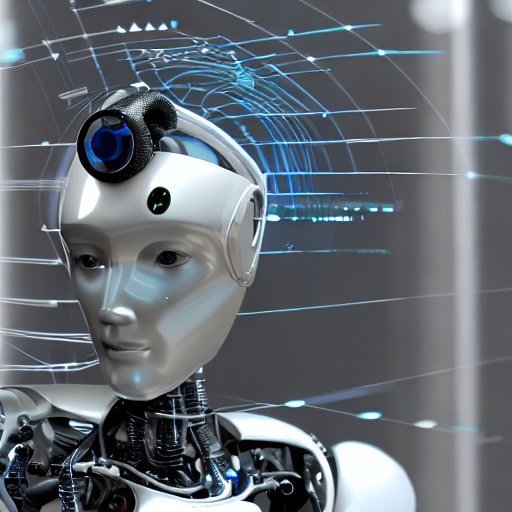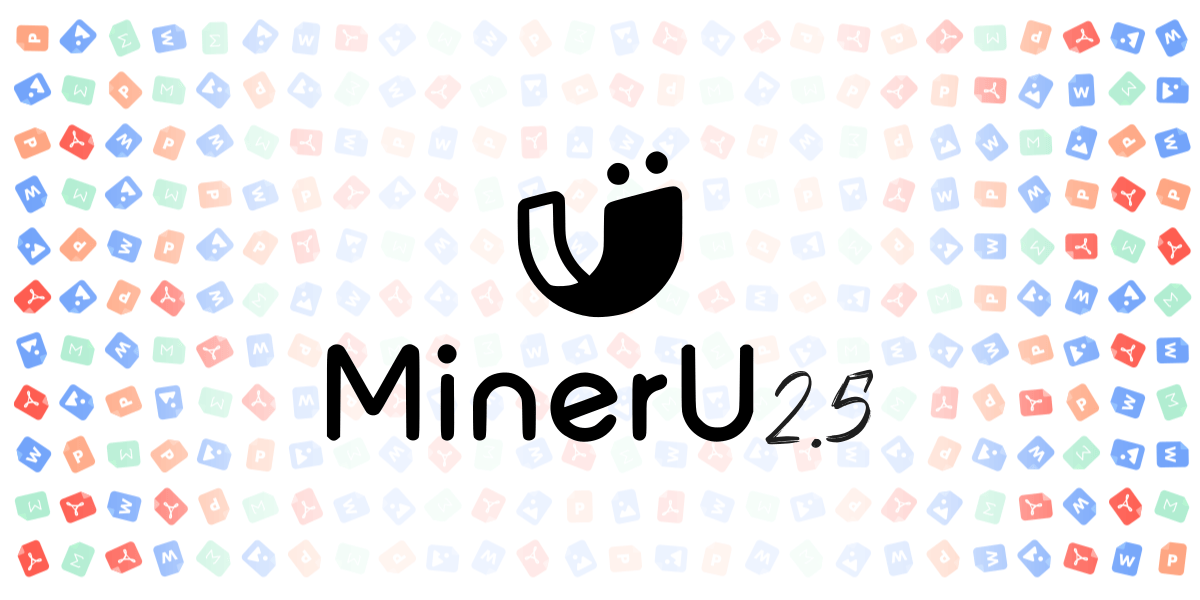Recent studies have shown the remarkable ability of ChatGPT to instantly analyze and anticipate stock market movements when provided with relevant data sources such as news articles, financial reports, and market trends.

We present three case studies related to this topic:
Case study 1
A research team from the Federal Reserve tested ChatGPT’s capacity to predict whether Federal Reserve statements convey hawkish or dovish sentiment.
The objective of the study was to assess ChatGPT-3 and ChatGPT-4 models and compare them with other models, such as BERT, specifically in the domain of Fedspeak (intentionally vague language used to prevent stock market overreactions).
The ChatGPT models were provided with 500 sentences extracted from Fed policy statements and they were instructed to categorize them into five groups: dovish, mostly dovish, neutral, mostly hawkish, and hawkish. These terms refer to the position taken by central banks to achieve specific economic goals including inflation, economic growth, and employment.
The team found that both ChatGPT models can interpret the Federal Reserve statements and have the ability of forecasting stock market movements, performing better than other models, like BERT.
Apart from their classification abilities, the research showed that GPT models possess the unique capability of providing explanations for their labeling decisions, a feature that is not present in any other NLP model.
The reasoning abilities of ChatGPT-3 and ChatGPT-4 closely resembled those of a human analyst. It was also found that ChatGPT-4 displayed a higher degree of alignment with human judgments than ChatGPT-3.

Case study 2
A Chinese research team conducted an analysis of ChatGPT’s zero-shot multimodal stock price prediction capabilities. The term “zero-shot” refers to the model’s ability to make predictions about future stock prices without being explicitly trained on specific stock market data. The approach is “multimodal” as it combines both text and numbers.
According to their findings, ChatGPT has the ability to forecast stock prices, but accurately determining its accuracy remains challenging. Additionally, ChatGPT faced difficulties in outperforming traditional methods like logistic regression and random forests.
Case study 3
The University of Florida researchers conducted another experiment to evaluate whether ChatGPT could offer investment recommendations based exclusively on news content, without any prior awareness of real market performance.
The study used the financial headlines published after October 2021, which were beyond ChatGPT’s temporal knowledge base. The findings indicated a strong and positive correlation between ChatGPT’s recommendations and subsequent fluctuations in the stock market.
Conclusion, further research
ChatGPT has demonstrated a remarkable capability to analyze and predict stock market movements instantly.
This may have significant implications for the financial market, allowing investors to make better-informed decisions about when to hold, buy or sell particular securities. Furthermore, this capability could lead to more lucrative investment strategies and enhance market efficiency and liquidity.
While ChatGPT holds promise for generating various advantages, the stock market is influenced by several factors that may hinder its accuracy. Even the most advanced predictive models are incapable of making precise forecasts.
Dr. Anton Ravindran, in his book titled “Will AI Dictate the Future?”, explores whether AI is the next major breakthrough and whether a digital brain can outperform the human brain. It is up to us to determine the answer.
Learn more:
- Story source: “ChatGPT can predict the stock market and understand Fed statements, studies claim” (on FOX Business)
- Research paper: “Can ChatGPT Forecast Stock Price Movements? Return Predictability and Large Language Models” (on arXiv)
- Research paper: “Can ChatGPT Decipher Fedspeak?” (on SSRN)
- Research paper: “TheWall Street Neophyte: A Zero-Shot Analysis of ChatGPT Over Multimodal Stock Movement Prediction Challenges” (on arXiv)
- “Will AI Dictate the Future?” by Dr Anton Ravindran (on Amazon)







